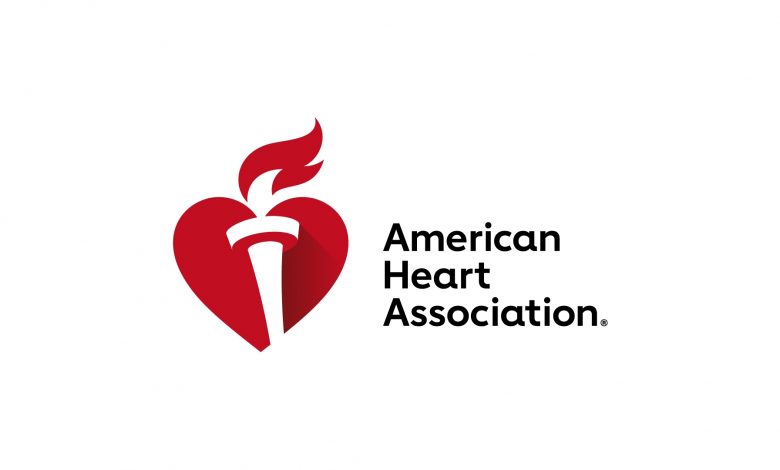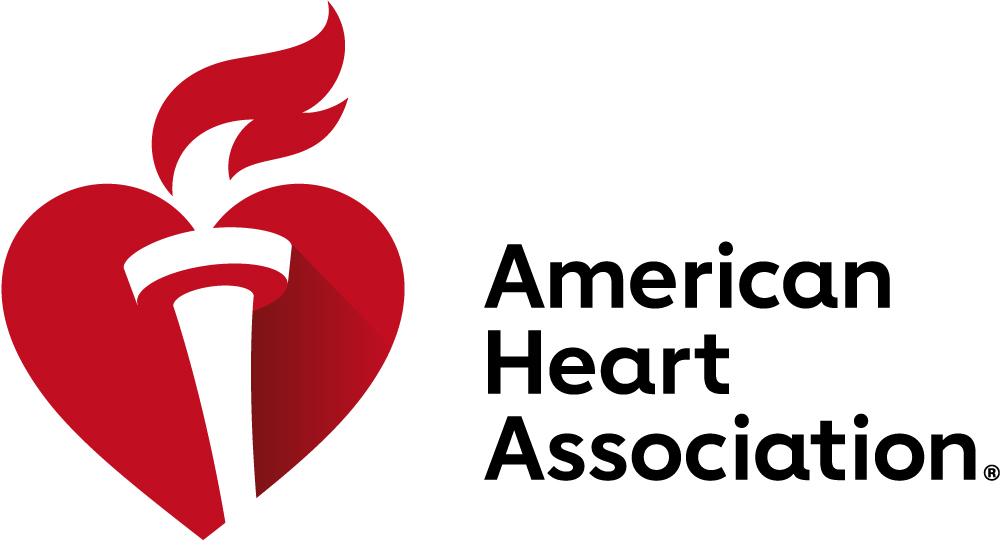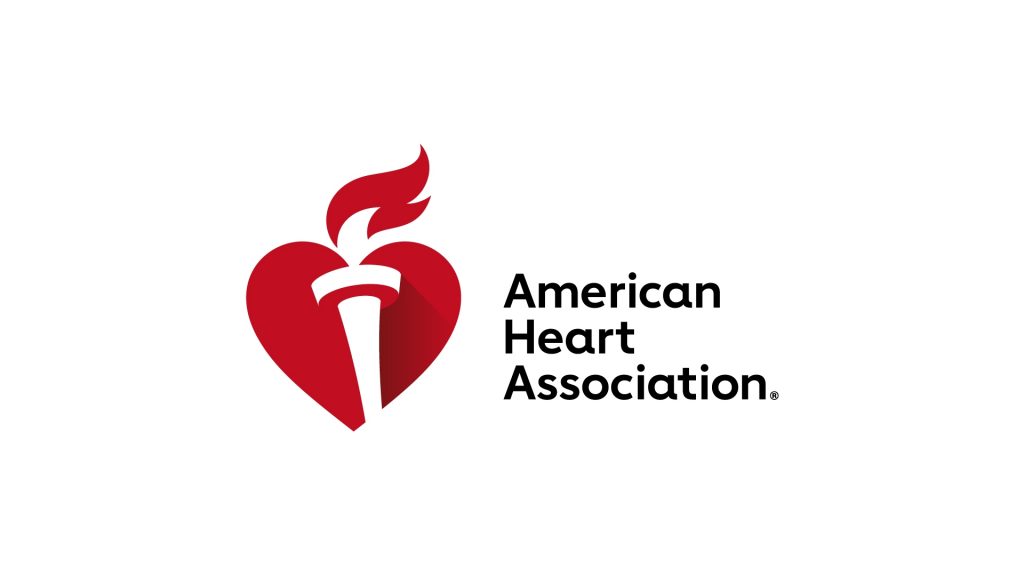CDC investigating rare myocarditis in teens, young adults; COVID-19 vaccine still advised for all who are eligible


(NewMediaWire) – June 12, 2021 – DALLAS – On Thursday, the U.S. Centers for Disease Control and Prevention (CDC) alerted health care professionals that the COVID-19 Vaccine Safety Technical Work Group (VaST) of the CDC’s Advisory Committee on Immunization Practices (ACIP) is meeting next Friday, June 18, to review cases of myocarditis, a rare but serious inflammation of the heart, reported in adolescents and young adults after receiving a COVID-19 vaccine manufactured by Pfizer-BioNTech or Moderna. The CDC is continuing to monitor VAERS and the VSD for cases of myocarditis, which may be occurring more often in males rather than females; more frequently after the second dose rather than the first dose of either the Pfizer-BioNTech or Moderna vaccine; and with symptoms typically appearing within 3 days of the dose of vaccine. The CDC also urges clinicians to consult with cardiologists for patients appearing with symptoms of myocarditis or a heart-related condition for additional testing and treatment.


The following statement reflects the views of the American Heart Association/American Stroke Association and its science leaders:
- President Mitchell S.V. Elkind, M.D., M.S., FAHA, FAAN,
- Immediate Past President Robert A. Harrington, M.D., FAHA,
- President-Elect Donald M. Lloyd-Jones, M.D., Sc.M., FAHA,
- Chief Science and Medical Officer Mariell Jessup, M.D., FAHA, and
- Chief Medical Officer for Prevention Eduardo Sanchez, M.D, M.P.H., FAAFP.
“As authorized by the U.S. Food and Drug Administration and recommended by the CDC, we continue to recommend all adults and children ages 12 and older in the U.S. to receive a COVID-19 vaccine as soon as they can receive it. The CDC’s ongoing investigation into cases of suspected myocarditis reflects a strong and steadfast commitment to transparency and the importance of scientific rigor on all fronts. We applaud the CDC’s unwavering efforts to lead our nation’s scientific and public health efforts including ensuring the continued safety of the COVID-19 vaccines.
“It is important to consider these details about the suspected myocarditis cases being investigated by the CDC:
As of June 11, 2021, the CDC reports more than 306 million doses of COVID-19 vaccines have been administered in the U.S. since December 14, 2020, and nearly 43% of Americans, more than 142 million, are fully vaccinated (i.e., they have received either two doses of the Pfizer-BioNTech or Moderna COVID-19 vaccine, or the single-dose Johnson & Johnson/Janssen COVID-19 vaccine).
According to the CDC’s June 10, 2021, VAERS report detailing adverse events through May 31, 2021:
These suspected myocarditis cases have been reported to VAERS due to their proximity to receiving a COVID-19 vaccine. It is still to be determined which cases meet the clinical criteria for the myocarditis diagnosis and if they have any direct connection to receiving a COVID-19 vaccine.
“As also reported by the CDC earlier this week, research continues to indicate that the COVID-19 vaccines are 91% effective at preventing severe COVID-19 infection. We remain confident that the benefits of vaccination far exceed the very unusual risks. The risks of COVID-19 infection include its potentially fatal consequences and the potential long-term health effects that are still revealing themselves, including lingering consequences affecting the heart, brain, vascular system and other organs after infection.
“Myocarditis can be the consequence of a recent viral infection, and it is yet to be determined if these cases have any correlation to receiving a COVID-19 vaccine, especially since the COVID-19 vaccines authorized in the U.S. do not contain any live virus. The AHA will be attending the CDC’s meeting on June 18, 2021, to review the latest evidence on the cases of suspected myocarditis after the COVID-19 vaccine.
“We encourage everyone to keep in touch with their primary care professionals and seek care immediately if they have any of these symptoms in the weeks after receiving the COVID-19 vaccine:
chest pain including sudden, sharp, stabbing pains;
difficulty breathing/shortness of breath;
abnormal heartbeat;
severe headache;
blurry vision;
fainting or loss of consciousness;
weakness or sensory changes;
confusion or trouble speaking;
seizures;
unexplained abdominal pain; or
new leg pain or swelling.
“We will continue to monitor the CDC’s recommendations regarding all potential complications related to COVID-19 vaccines, including myocarditis, pericarditis, central venous sinus thrombosis (CVST) and other blood clotting events, thrombotic thrombocytopenia syndrome (TTS) and vaccine-induced immune thrombosis thrombocytopenia (VITT).
“The American Heart Association/American Stroke Association recommends all health care professionals be aware of these very rare adverse events that may be related to a COVID-19 vaccine, including myocarditis, blood clots, low platelets, or symptoms of severe inflammation. Health care professionals should strongly consider inquiring about the timing of any recent COVID vaccination among patients presenting with symptoms related to these conditions, as needed, in order to confirm the diagnosis and to provide appropriate treatment quickly.
“As indicated by the CDC, we agree that cardiologists should be consulted if myocarditis or any heart-related condition is suspected by a primary care clinician. Additional screening tests for myocarditis may include blood tests to measure for elevated cardiac enzymes indicating cardiac inflammation or injury, including myoglobin, troponin and creatine kinase; or an electrocardiogram (ECG), an echocardiogram or a cardiac MRI to determine if there is any visible damage to the heart or any abnormalities in how the heart is functioning.
“All suspected CVST or blood clots associated with the COVID-19 vaccine should be treated initially using non-heparin anticoagulants, as detailed in the AHA/ASA’s April 29, 2021, guidance. Heparin products should not be administered in any dose if TTS/VITT is suspected, until appropriate testing can be done to exclude heparin-induced antibodies.
“In accordance with federal regulations, health care professionals are required to report suspected vaccine-related adverse events to the Vaccine Adverse Event Reporting System.
“COVID-19 vaccination is the key to reducing COVID-19 infections overall and decreasing the risk of severe COVID-19 infection, hospitalization or death. We support the CDC recommendations that loosen restrictions on mask wearing and social distancing for people who are fully vaccinated. For those who are unable to be vaccinated, we reinforce the importance of handwashing, social distancing and wearing masks, particularly for people at high risk of infection and/or severe COVID-19. These simple precautions remain crucial to protecting people who are not vaccinated from the virus that causes COVID-19.”
MYOCARDITIS AND PERICARDITIS
Both myocarditis and pericarditis are most often the result of an infection and/or inflammation caused by a virus.
Myocarditis is inflammation of the middle layer of the wall of the heart muscle, and it can weaken the heart muscle and the heart’s electrical system, which keeps the heart pumping regularly. Severe myocarditis can lead to heart failure, abnormal heartbeat and sudden death. Signs and symptoms of myocarditis are chest pain, abnormal heartbeat (arrhythmia) and unexpected shortness of breath. Approximately 10 to 20 per 100,000 people are diagnosed with myocarditis in the U.S. annually, and many cases resolve on their own or with treatment, leading to a full recovery.
Pericarditis is a condition often related to myocarditis, and involves swelling and inflammation of the pericardium, a sac-like structure with two thin layers of tissue that surround the heart to hold it in place and help it function properly. Pericarditis can progress and lead to severe complications, including cardiac tamponade, which results from too much fluid in the pericardium that can cause a sharp drop in blood pressure and can be fatal; and chronic constrictive pericarditis, when scar-like tissue develops in the pericardium causing it to become stiff, affecting the heart’s ability to contract. Symptoms of pericarditis are sharp, stabbing chest pain that comes on suddenly; fever; weakness; and trouble breathing or shortness of breath. Approximately 45,000 people in the U.S. are hospitalized with pericarditis each year.
TYPICAL VACCINE- RELATED SYMPTOMS
According to the CDC, typical COVID-19 vaccine symptoms are tiredness, headache, muscle pain, chills, fever and nausea. Symptoms typically appear within 24–48 hours and usually pass within 36-48 hours after receiving the vaccine. If symptoms are severe and include difficulty breathing, seek immediate medical attention – call 911 or go to the nearest emergency room.
The Association receives funding primarily from individuals. Foundations and corporations (including pharmaceutical, device manufacturers and other companies) also make donations and fund specific Association programs and events. The Association has strict policies to prevent these relationships from influencing the science content. Revenues from pharmaceutical and biotech companies, device manufacturers and health insurance providers are available here, and the Association’s overall financial information is available here.
About the American Heart Association/American Stroke Association
The American Heart Association is a relentless force for a world of longer, healthier lives and includes the American Stroke Association. We are dedicated to ensuring equitable health in all communities. Through collaboration with numerous organizations, and powered by millions of volunteers, we fund innovative research, advocate for the public’s health and share lifesaving resources. The Dallas-based organization has been a leading source of health information for nearly a century. Connect with us on heart.org, Facebook, Twitter or by calling 1-800-AHA-USA1.
###
For Media Inquiries: 214-706-1173, AHACommunications@heart.org
Michelle Kirkwood: 703-457-7838, michelle.kirkwood@heart.org
Public Inquiries: 1-800-AHA-USA1 (242-8721)
heart.org and stroke.org




